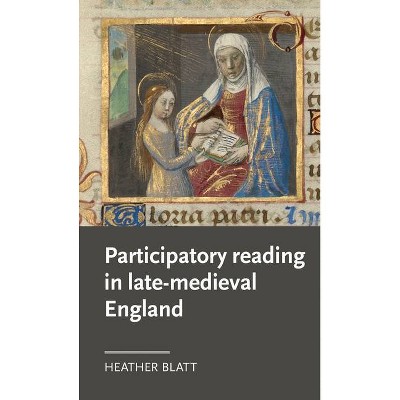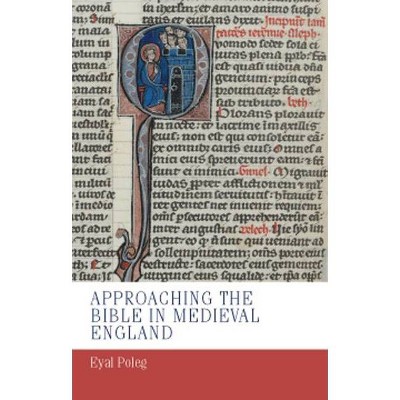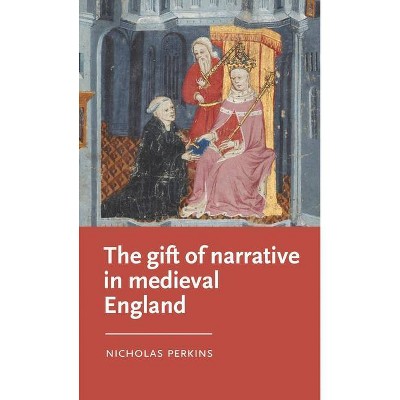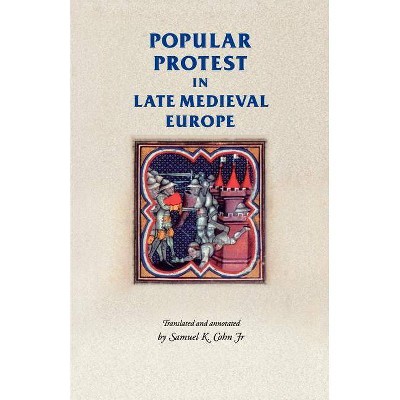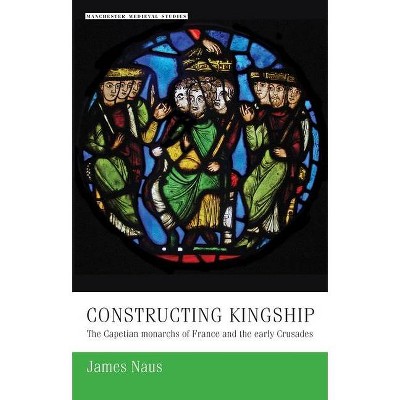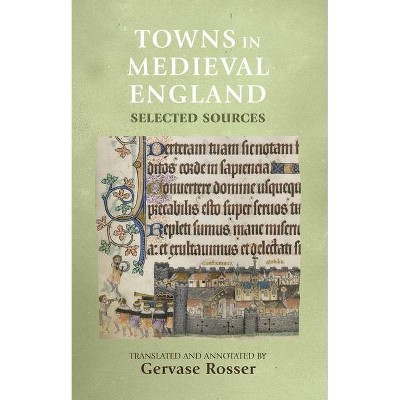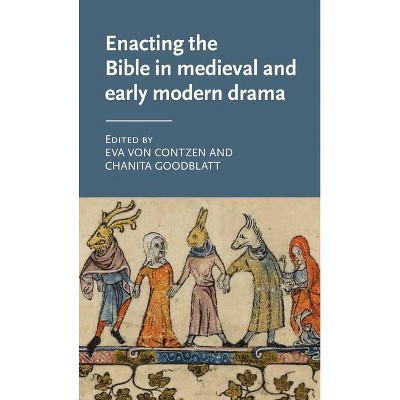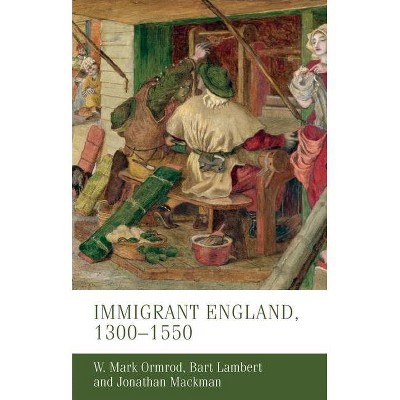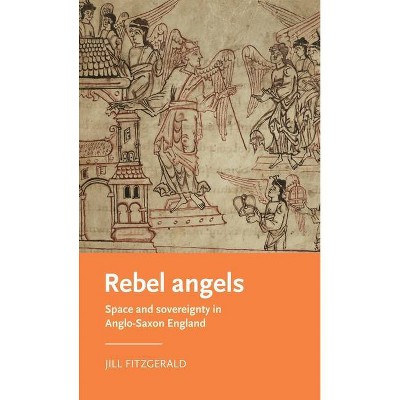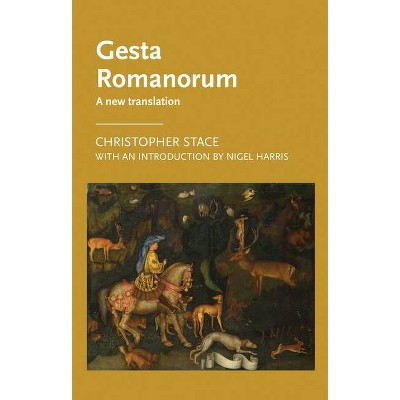Gentry Culture in Late Medieval England - (Manchester Medieval Studies) by S H Rigby & Raluca Radulescu & Alison Truelove (Paperback)
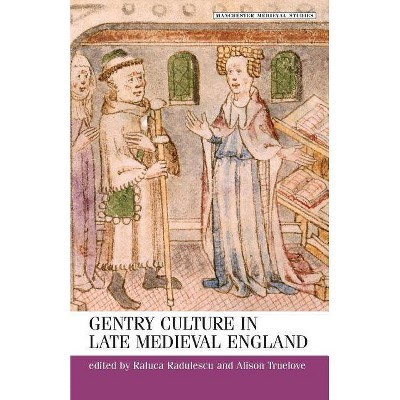
Similar Products
Products of same category from the store
AllProduct info
<p/><br></br><p><b> About the Book </b></p></br></br>This book is a comprehensive introductory guide to late medieval gentry culture, including chapters on gentility, chivalry, politics, education and recreation, literacy, literature, cultural networks, religion, music and the visual arts. It surveys existing work in the fieldand presents new research by medievalists from a range of disciplines.<p/><br></br><p><b> Book Synopsis </b></p></br></br>Essays in this fascinating and important collection examine the lifestyles and attitudes of the gentry in late medieval England. They consider the emergence of the gentry as a group distinct from the nobility, and explore the various available routes to gentility. Through surveys of the<br>gentry's military background, administrative and political roles, social behaviour, and education, the reader is provided with an overview of how the group's culture evolved, and how it was disseminated. Studies of the gentry's literacy, creation and use of literature, cultural networks, religious<br>activities and their experiences of music and the visual arts more directly address the practice and expression of this culture, exploring the extent to which the gentry's activities were different from those of the wider population. <p/>Joining the editors in contributing essays to this collection is an impressive array of eminent scholars, all specialists in their respective fields: Christine Carpenter, Peter Fleming, Maurice Keen, Philippa Maddern, Nicholas Orme, TimShaw, Thomas Tolley and Deborah Youngs. <p/>As a whole, the book offers a broad view of gentry culture that explores, reassesses, and sometimes even challenges the idea that members of the gentry cultivated their own distinctive cultural identity. It will appeal to students looking for a comprehensive introduction to late medieval gentry<br>culture, as well as to researchers interested in gentry studies more generally.<br><p/><br></br><p><b> From the Back Cover </b></p></br></br>Essays in this fascinating and important collection examine the lifestyles and attitudes of the gentry in late medieval England. They consider the emergence of the gentry as a group distinct from the nobility, and explore the various available routes to gentility. Through surveys of the gentry's military background, administrative and political roles, social behaviour, and education, the reader is provided with an overview of how the group's culture evolved, and how it was disseminated. Studies of the gentry's literacy, creation and use of literature, cultural networks, religious activities and their experiences of music and the visual arts more directly address the practice and expression of this culture, exploring the extent to which the gentry's activities were different from those of the wider population. Joining the editors in contributing essays to this collection is an impressive array of eminent scholars, all specialists in their respective fields: Christine Carpenter, Peter Fleming, Maurice Keen, Philippa Maddern, Nicholas Orme, Tim Shaw, Thomas Tolley and Deborah Youngs. As a whole, the book offers a broad view of gentry culture that explores, reassesses, and sometimes even challenges the idea that members of the gentry cultivated their own distinctive cultural identity. It will appeal to students looking for a comprehensive introduction to late medieval gentry culture, as well as to researchers interested in gentry studies more generally.<p/><br></br><p><b> About the Author </b></p></br></br><br>Raluca Radulescu is Lecturer in Medieval Literature and Director of the Centre for Medieval Studies at the University of Wales, BangorRaluca Radulescu is Lecturer in Medieval Literature and Director of the Centre for Medieval Studies at the University o <p/>Alison Truelove is an independent researcher<br>
Price History
Price Archive shows prices from various stores, lets you see history and find the cheapest. There is no actual sale on the website. For all support, inquiry and suggestion messages communication@pricearchive.us
